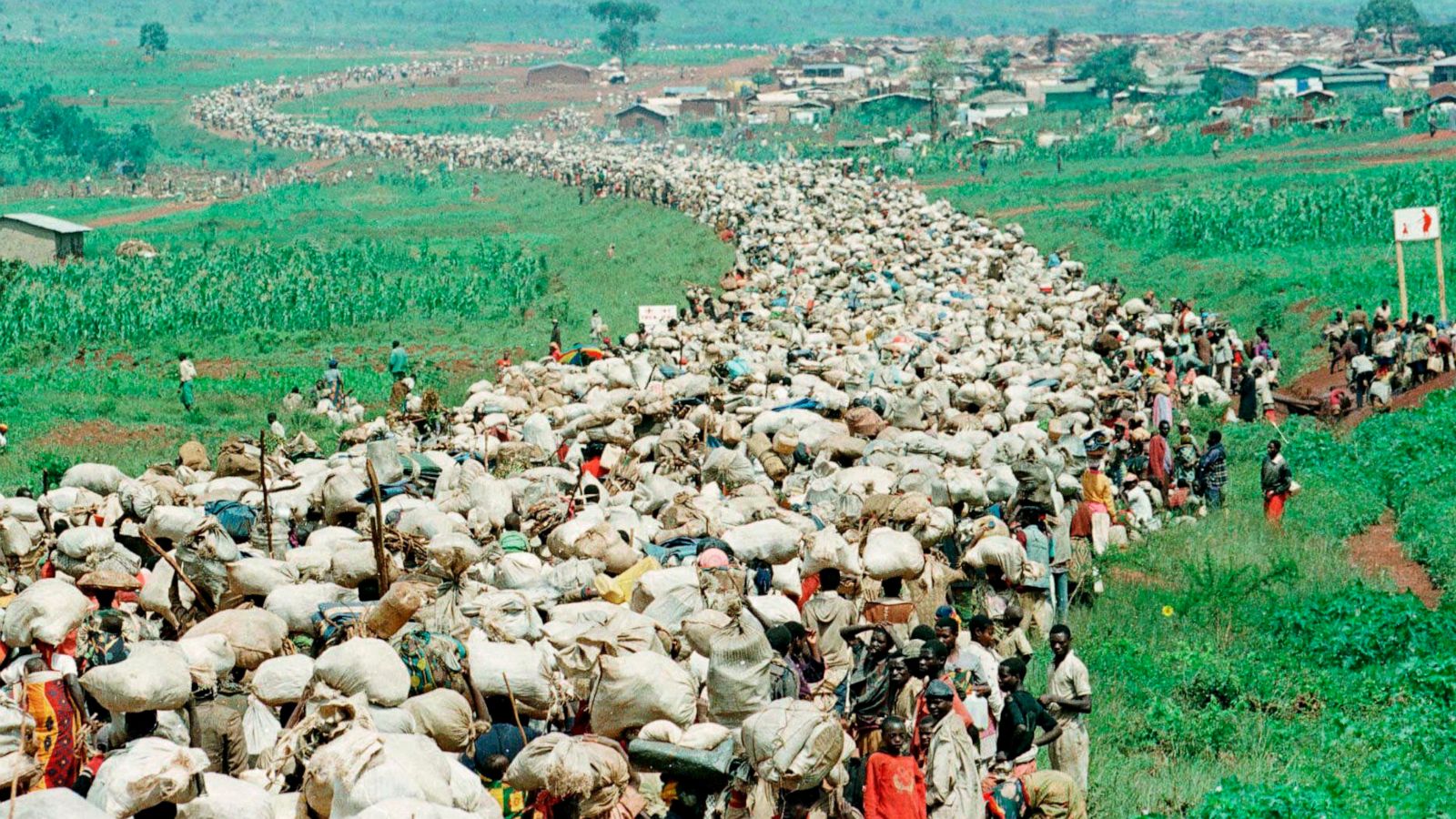By Nick Markiewicz
In his 1998 address to the Parliament of Rwanda, former United Nations (UN) Secretary-General Kofi Annan stated, “In their greatest hour of need, the world failed the people of Rwanda.” Annan was referring to the ‘Rwandan Genocide,’ a 100-day period from April to June 1994 when extremist Hutu militias murdered members of the Tutsi minority ethnic group and political moderates from the Hutu majority. By the time the genocide ended after a Tutsi rebel group overthrew the Hutu-majority government, the human impact was catastrophic. The militias killed between 500,000 and 800,000 Tutsi and raped an estimated 250,000 to 500,000 women. It was a horrific conflict rife with sexual assault and violence – one that should’ve been stopped much earlier.
In the lead-up to the genocide, the United Nations Assistance Mission for Rwanda (UNAMIR) helped oversee the implementation of peace accords between the government and the rebels. Three months before the genocide, the commander of UNAMIR, General Romeo Dallaire, warned the UN Department of Peacekeeping Operations of an anti-Tutsi extermination plot. Despite this, UN Officials forbade Dallaire from seizing weapons caches and intervening militarily, seeing it as outside of his mandate. This issue with manpower was exacerbated after the majority of troops were withdrawn, leaving a peacekeeping force of 270 soldiers. While the UN eventually deployed troops in June 1994, it took six months for the entire force to arrive, reducing UNAMIR to primarily a bystander role in the meantime.
This UN policy of non-intervention was supportedby the United States and other Western powers and was a crucial determinant in the severity of the genocide. Leaked documents in 2004 revealed that the Clinton administration had advance notice of the genocide but decided not to act. As a US Department of State employee stated, “The United States has no friends. The United States has interests. And in the United States, there is no interest in Rwanda.” This international reluctance to intervene directly contradicts the UN’s pillars of human rights, peace and security, and development, and directly reflects the reliance of the UN on individual states to carry out its peacekeeping missions. The UN’s historically slow response rate and aversion to intervening through military force has led to mixed success in their peacekeeping efforts.
As the 30th anniversary of the genocide approaches, the role of foreign intervention in African conflicts becomes increasingly complex. Former imperial powers such as France and Britain and Cold War powers like China and Russia continue to play important roles on the continent in both exploitative and beneficial ways. This duality is illustrated through France’s actions in the last decade. France has played a major role in the fight against Islamist militants in the Sahel region. However, they have recently come under criticism for their military withdrawal after nine years of unsuccessful combat. France has also been accused of supporting authoritarian regimes despite widespread accusations of voter fraud, and their continued control over the currencies for many West African nations has been widely condemned. The relationship between Africa and foreign actors has become a geopolitical tightrope as military assistance is needed but often comes at the continued cost of foreign exploitation.
However, this isn’t to understate the agency of the African states who carry out their own actions. Since the 1990s, the Economic Community of West African States (ECOWAS) has launched complex and controversial military interventions and imposed sanctions after coups in the region. ECOWAS is part of the African Union (AU), an overarching political organization that has similar aims as the UN Peacekeeping missions, such as conflict prevention, mediation, and military intervention. While Africa faces many security challenges, its leaders have responded quickly and efficiently to past crises. The recent coup in Burkina Faso resulted in immediate sanctions being placed on the new regime by both ECOWAS and the AU. African countries taking a larger role in their collective security and stability reflects positive efforts towards democracy and economic prosperity across the continent.
The Rwandan Genocide served as a lesson for the rest of the continent: the world only intervenes in Africa when it benefits their interests. UN peacekeeping missions have had mixed success and have demonstrated that counting on the international community is an unreliable method that often comes with strings attached. Efforts by the African community to collectively ensure domestic stability show great promise in handling conflicts and hint at a possible future with the absence of Western interventionism.
